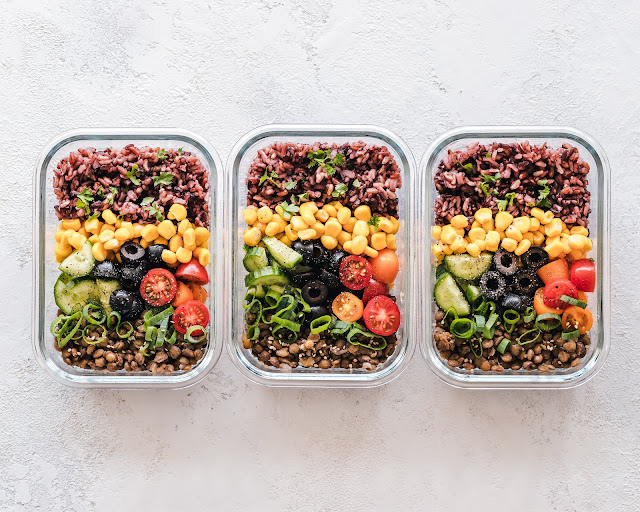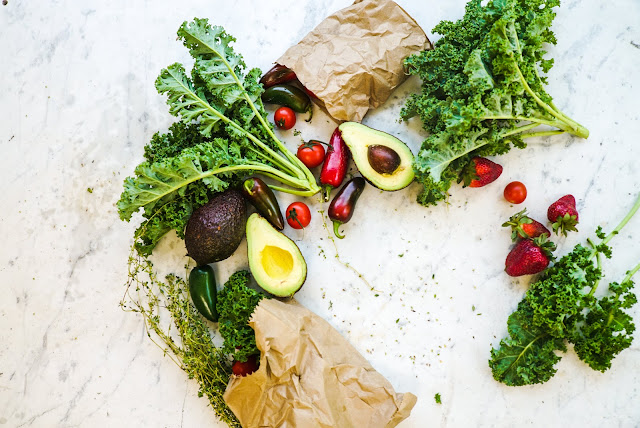In the pursuit of a healthier
lifestyle, the importance of nutrient dense meals cannot be overstated. These
power-packed culinary choices are not only a key to sustained energy but also
play a crucial role in overall well-being. In this comprehensive guide, we will
explore the significance of nutrient-dense meals, delve into smart food
choices, and provide practical tips to incorporate them into your daily routine.
Why Nutrient Dense Meals Matter
Unveiling the Essence of Nutrient Density
Nutrient density refers to the
concentration of essential vitamins, minerals, and other vital nutrients per
calorie in a given food. Unlike empty-calorie options that provide little to no
nutritional value, nutrient-dense meals are a powerhouse of goodness, offering
a wide array of health benefits.
The Link Between Nutrient Density and Health
Research consistently
demonstrates the positive impact of nutrient-dense meals on health. From
boosting the immune system to promoting optimal organ function, the benefits
are both immediate and long-term.
Building Nutrient Dense Meals
Crafting a Nutrient Dense Plate
Prioritize Whole Foods
The foundation of any
nutrient dense meal is whole, unprocessed foods. Vegetables, fruits, lean
proteins, whole grains, and healthy fats should form the cornerstone of your
plate.
Color Your Plate
Vibrant, colorful fruits and
vegetables are not just visually appealing but also indicative of a diverse
range of nutrients. Aim for a rainbow on your plate to ensure a broad spectrum
of health-promoting compounds.
Lean Proteins for Sustained Energy
Incorporate lean protein sources
such as poultry, fish, beans, and tofu. Proteins are essential for muscle
repair, immune function, and maintaining a healthy weight.
Smart Carbohydrates for Fuel
Opt for complex carbohydrates
like quinoa, sweet potatoes, and brown rice. These slow-release energy sources
provide sustained fuel and prevent energy crashes.
Embrace Healthy Fats
Include sources of healthy fats
like avocados, nuts, and olive oil. These fats are crucial for brain health,
hormone production, and nutrient absorption.
Meal Planning Strategies
Batch Cooking for Convenience
Prepare nutrient-dense meals in
bulk and store them for the week. This not only saves time but ensures that you
always have a healthy option readily available.
Mix and Match for Variety
Rotate your food choices to
maximize nutrient diversity. This not only prevents boredom but also ensures
that you receive a broad spectrum of essential nutrients.
Incorporating Nutrient Dense
Meals Into Your Routine
Practical Tips for Success
Gradual Changes for Lasting Impact
Implementing nutrient-dense meals
doesn't have to be an overnight overhaul. Start with small changes, such as
adding an extra serving of vegetables to your meals or choosing whole grains
over refined ones.
Mindful Eating for Maximum Benefits
Savor each bite, paying attention
to the flavors and textures of your nutrient-dense meals. This mindful approach
not only enhances the dining experience but also promotes better digestion and
nutrient absorption.
Recipes to Ignite Your Nutrient-Dense Journey
Green Goddess Smoothie Bowl
Packed with leafy greens,
berries, and a protein kick, this breakfast option sets the tone for a
nutrient-rich day.
Mediterranean Quinoa Salad
A delicious medley of quinoa,
colorful vegetables, and feta cheese, this salad provides a perfect balance of
nutrients and flavors.
Conclusion
In conclusion, embracing nutrient dense meals is a transformative step towards a healthier, more vibrant life. By understanding the principles of nutrient density, making informed food choices, and incorporating practical tips into your routine, you can unlock the potential for optimal health. Start your nutrient-dense journey today and witness the positive impact on your well-being.








0 Comments